Students failing grade on Aussie democracy
Young voters are confusing the Prime Minister with a president because schools fail to teach them about Australia’s democracy, a parliamentary inquiry has found.
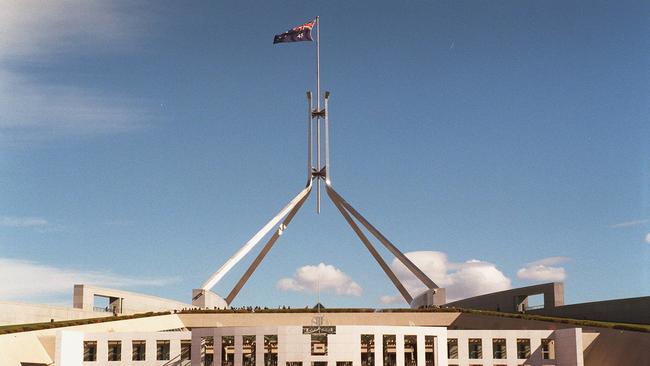
Young voters are confusing the Prime Minister with a president because schools fail to teach them about Australia’s democracy, a parliamentary inquiry has found.
Warning that young Australians are falling for “fake news’’ on social media, the Joint Standing Committee on Electoral Matters called for mandatory civics lessons for all students in years 11 and 12. It also said all students in years 9 and 10 should study civics for 10 hours a year.
“Many young people leave school without the knowledge and skills necessary to actively participate in Australian democracy, engage with civic practices and institutions, or understand basic processes like how to enrol to vote and cast a ballot correctly,’’ the committee concludes in its new report.
“The value of compulsory voting is undermined if voters lack the civics education needed to understand issues and know who they are voting for.’’
The report cites the Victorian Education Department, which told the committee’s survey of schools that “most students consider that our courts system is the US system; they frequently confuse the notion of prime minister and president and they generally have a very poor notion of what government can do’’.
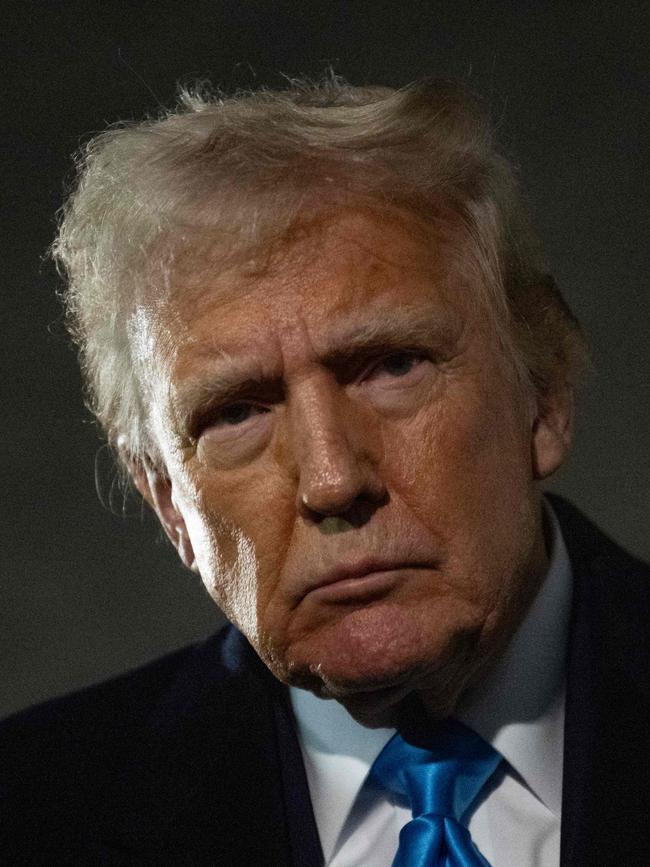
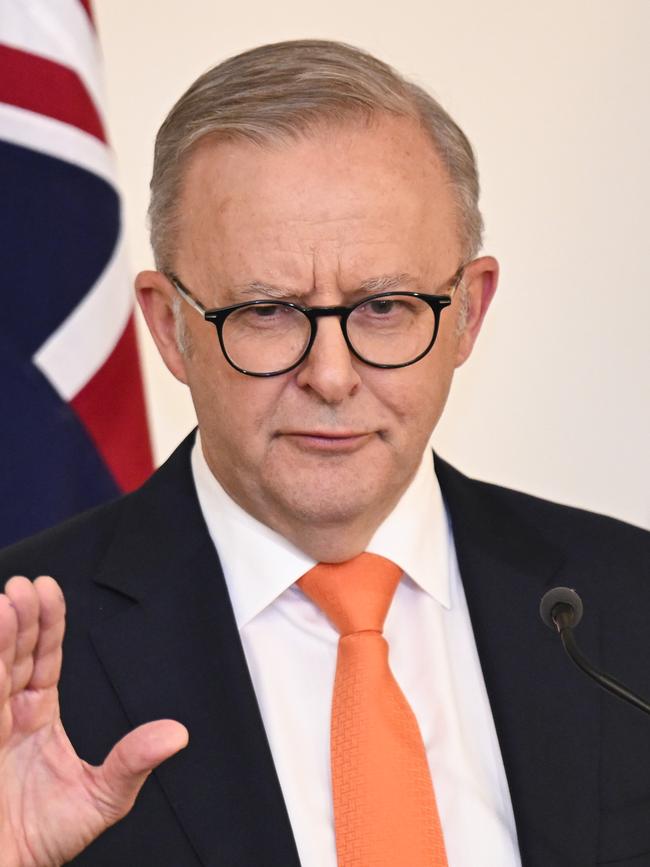
The national curriculum already requires civics to be taught to students from years 3 to 8.
The subject is not compulsory in higher year levels, but the parliamentary committee recommended it be made mandatory in year 11 and 12, when teenagers were closer to the voting age of 18.
“The civics and citizenship curriculum should be mandated nationally, requiring all states and territories to fully implement it as a stand-alone subject,’’ the report states.
“A minimum of 10 hours per year … should be mandated for all students in years 9 and 10.
“A nationally consistent curriculum would not only benefit students, but also provide teachers with a clearer, more detailed and specific curriculum to teach.’’
Half of students failed the most recent national testing of students’ knowledge of civics and citizenship, in 2010.
The Australian Curriculum, Assessment and Reporting Authority said on Thursday that primary school students were taught Australia was a culturally diverse and multi-faith society.
They also learn about key democratic and legal institutions, processes, rights and roles that underpin Australian democracy.
In years 7 to 10 they learn about rights, privileges and responsibilities, global citizenship, democracy, legal systems and identity and diversity.
“We welcome the Joint Standing Committee’s report and will carefully consider the recommendations for ACARA,” said its chief executive Stephen Gniel.
Federal Education Minister Jason Clare will announce on Friday a boost to travel rebates for schoolchildren visiting Parliament House and the Australian War Memorial in Canberra.
Mr Clare said rebates for students in schools between 500km and 999km from Canberra would increase from $45 to $165.
For students living more than 3000km from Canberra, rebates would rise from $510 to $2040.
“It’s important to get out of the classroom and experience our historical and cultural institutions first-hand,’’ Mr Clare said.
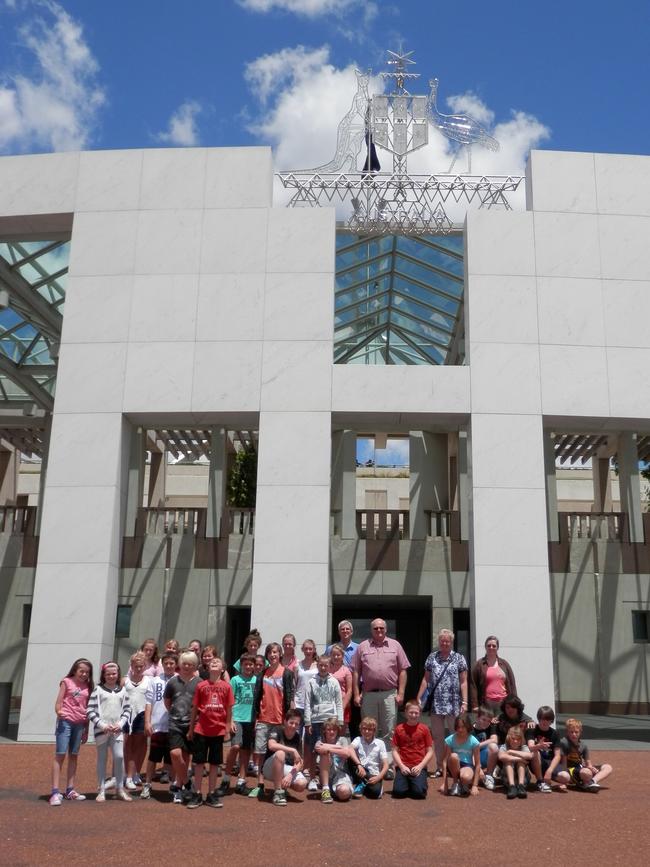
He will also launch an online Civics and Citizenship Education Hub featuring more than 200 teaching resources for years 3 to 10 to help teachers run mock parliamentary debates and elections. The resource will also provide quizzes and case studies.
The parliamentary inquiry noted that many teachers had a “lack of training and knowledge in civics’’, which is not included in universities’ teaching degrees.
“Teachers have raised concerns that issues can sometimes be controversial in nature as they are aware there may be parental or media backlash against some topics such as climate change, racism, social justice and global citizenship,’’ the report states.
The inquiry found that young Australians were feeling “disillusioned and disconnected’’ from civic society, making them vulnerable to manipulation through misinformation and deep fakes on social media.
“An increasing reliance on social media and other online platforms as a primary source of news and information has amplified the reach of misinformation and disinformation,’’ the report states.
“Young people are also unlikely to check the legitimacy of news sources.”



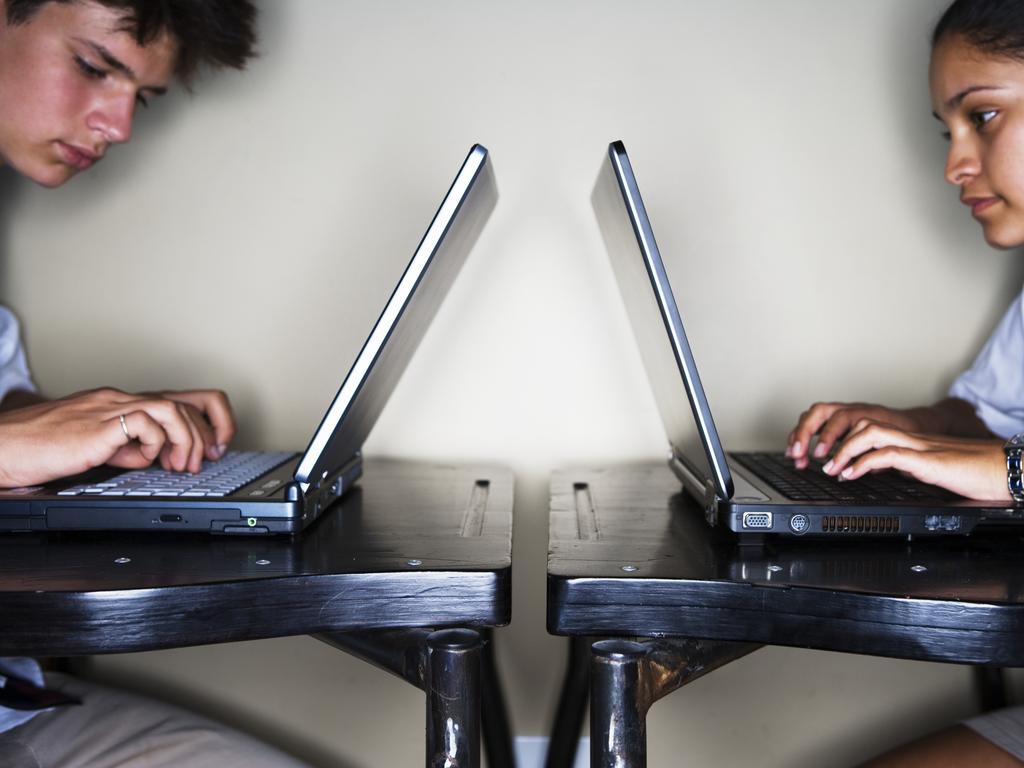



To join the conversation, please log in. Don't have an account? Register
Join the conversation, you are commenting as Logout